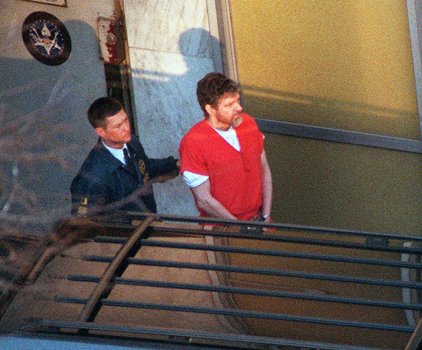
URGENT UPDATE: In a dramatic turn of events, Tim Mead, the former head of communications for the Los Angeles Angels, testified today regarding his searches of ex-employee Eric Kay‘s desk for drugs, revealing alarming insights into the organization’s culture prior to the tragic death of pitcher Tyler Skaggs in 2019. During the first day of testimony in a wrongful death civil suit, Mead admitted to searching Kay’s desk on three separate occasions, looking for potential drug paraphernalia.
The Skaggs family is seeking a staggering $118 million in damages, claiming that the Angels’ negligence contributed to Skaggs’ fatal overdose, which was linked to a fentanyl-laced pill provided by Kay. Mead’s testimony, delivered in Orange County Superior Court, painted a picture of an organization grappling with internal issues that went unaddressed.
“We searched for syringes or cutting tools,” Mead stated. “I had suspicions but never found anything.” His comments came amid revelations of Kay’s struggles with mental health, including bipolar disorder, which he believed were mismanaged rather than indicative of illicit drug use.
Mead’s testimony revealed a troubling pattern of behavior involving Kay, who was sentenced to 22 years in prison for his role in Skaggs’ death. Despite concerns over Kay’s erratic behavior, Mead admitted he never reported these issues to higher-ups within the Angels organization. Instead, he sought assistance through the team’s employee assistance program, attempting to help Kay without escalating the situation.
The courtroom atmosphere intensified as lead attorney Rusty Hardin questioned Mead’s decision-making process, suggesting a failure to act decisively when it mattered. “Did you play God?” Hardin pressed. Mead firmly responded, “I tried to help an individual and his family.”
Throughout the hearing, Hardin showcased text conversations between Mead and Kay’s wife, illustrating the depth of concern surrounding Kay’s behavior, including a failed intervention in 2017. Mead recounted a series of troubling incidents from 2013 to 2019, including a hospitalization incident in 2018, describing Kay as “sweating and in one of his off periods.”
The trial is set to resume on Friday, when Mead will continue to face scrutiny over his actions and decisions during his tenure with the Angels. The ongoing developments underscore the critical intersection of mental health and workplace accountability, sending shockwaves through the baseball community.
As the Skaggs family fights for justice, the implications of this case resonate beyond the courtroom. The urgent need for systemic change in how organizations handle employee health and safety is more relevant than ever.
Stay tuned for further updates as this high-profile trial unfolds, revealing deeper truths behind a tragic loss in the sports world.







